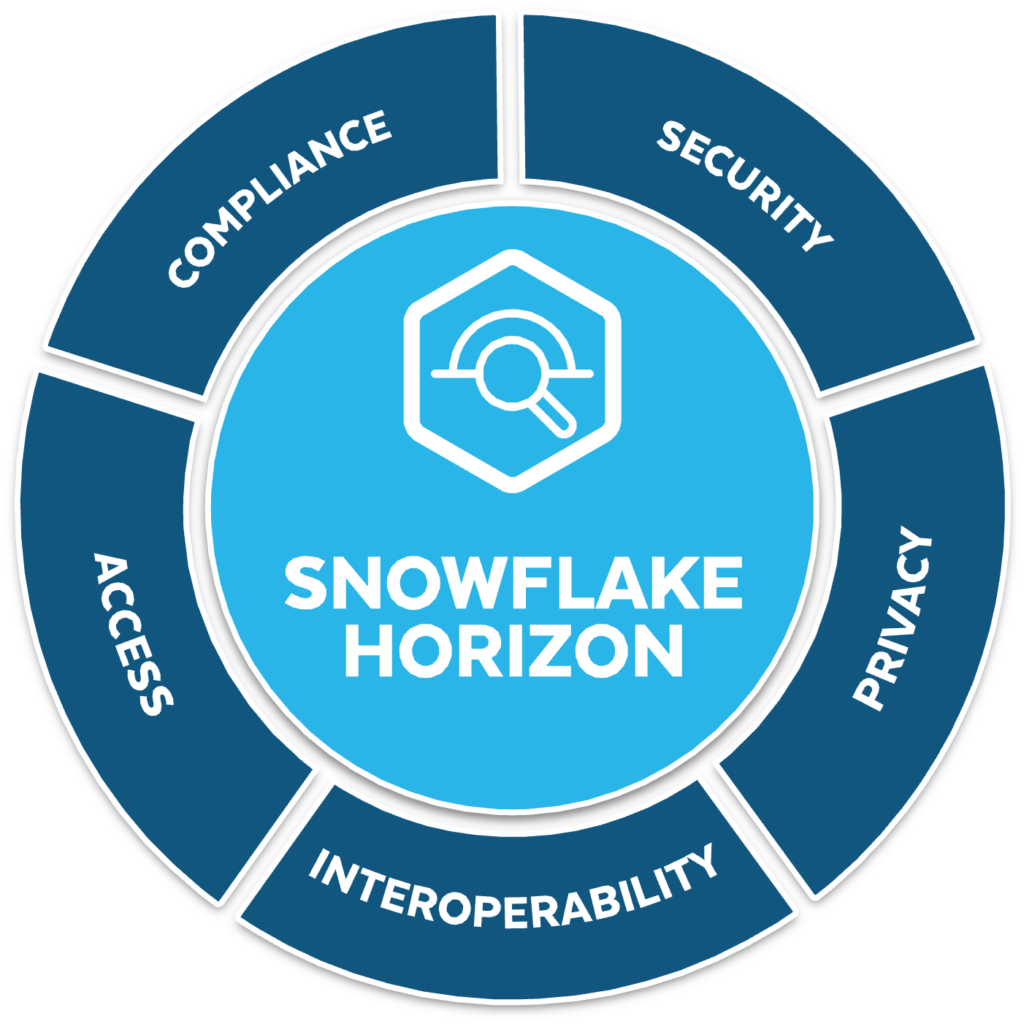DataOps is a collaborative practice that seeks to improve data integration, reliability, and delivery across organizations. It fosters communication between business functions such as data engineering, DevOps, business units, and data science. It has an objective to optimize and automate the data pipeline throughout the data lifecycle.
Main Improvements Introduced By DataOps
- Data integration by simplifying the process of connecting to various sources.
- Data validation through data quality checks to ensure business decisions are supported by accurate information.
- Metadata Management is a way to clearly understand the underlying state of data assets, origin, dependencies, and how data has changed over time.
- Data Observability by capturing detailed information about data systems and rich context to help.
- DataOps teams better understand system behavior and performance.
DataOps ensures effective data operations and reliable data pipelines while delivering reliable data in shorter development and delivery cycles. It is a process-oriented practice applied by data and analytics teams to improve quality and reduce data processing and analytics cycle time. DataOps is a set of best practices applied to the entire data lifecycle, from data preparation to reporting, while addressing the interconnected nature of data analytics teams. It seeks to shorten analysis development cycle time in alignment with business objectives.
Why Adopt DataOps
- Enhanced collaboration between teams in subjects such as alignment, silo breakdown, and improved synergy. These terms are often used in business as enforcing them leads to a force multiplier throughout departments. DataOps encourages planning and building in advance through automated continuous execution.
- Reliability is derived from automating data and analytics operations. Automation removes a potential element of human unpredictability, which is prone to making mistakes and can present problems during repetitive processes that require always follow the same steps.
- Adaptability to changes thanks to mature, documented, and automated DataOps processes. These processes might include plans to introduce changes that require less time, reducing the likelihood of introducing errors. DataOps also makes it easier to tailor testing procedures. This efficiency effectively reduces the time needed to go from development to production for changes.
- Foster agility as both DevOps and DataOps have spun out of agile project management practices. Due to those tools, agility becomes a board game in DataOps processes. Data teams practicing agile methodologies will find it easier to define and implement DataOps as a practice.
DevOps focuses on continuous delivery by leveraging self-service data tools and resources and automating testing and deployment cycles. This merge of software development practices the speed, quality, predictability, and scale of data engineering and implementation. Borrowing methods from Agile and DevOps, DataOps seeks to bring these same improvements to data analysis and engineering.
Read our complete DataOps guide!
Cloud Data Security with Satori
Satori, The DataSecOps platform, gives companies the ability to enforce security policies from a single location, across all databases, data warehouses and data lakes. Such security policies can be data masking, data localization, row-level security and more.
Learn more:



